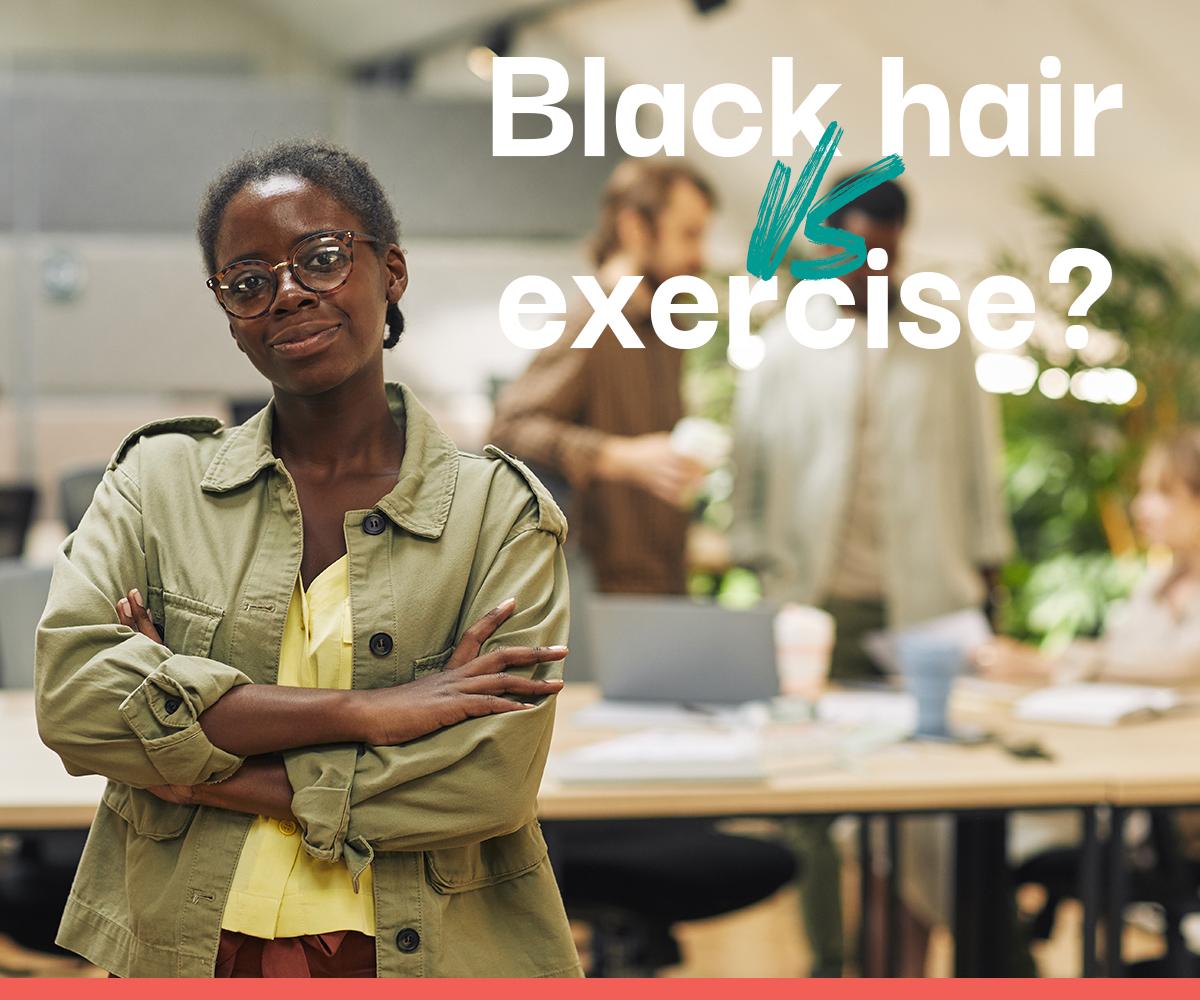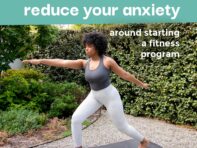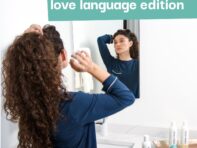Historical beauty standards and Black hair
In the Black community, hair is a part of an identity. This sentiment traces back to pre-colonization, where Africans fashioned their hair to symbolize their places in society, the phases of their lives, and the culture of their tribes. For example, royal families wore hairstyles to emphasize their wealth and prestige, while expectant mothers sported unique head wraps. However, the transatlantic slave trade and the centuries of racial discrimination that followed triggered negative perceptions about Black hair, considering it to be "dirty" and "unkempt." Eurocentric beauty standards excluded the shrunken manes and curls that Black individuals naturally possess.
The Civil Rights Movement ignited a resistance to Eurocentric beauty standards. Members of the Black community embraced their natural textures. Their Afros were a symbol of Black pride, representing a love for their culture and demanding an acceptance of the way coily hair follicles grew from the scalp.
Still, institutional biases surrounding Black hair continued into the 21st century. The prejudice also extended to hairstyles that are popular in the Black community. Corporate workplaces created grooming codes that prohibited Black employees from wearing cornrows and locks, deeming the styles "unprofessional." Academic institutions adopted similar policies, even enforcing specific hairstyles among students who wanted to join sports teams.
Natural hair discrimination has a significant impact on Black women and their relationships with their crowns. To assimilate, Black women applied chemical relaxers to permanently straighten their kinky-coily strands. They also used heating tools, such as hot combs and flat irons, to flatten their locks.
The CROWN Act is monumental legislation that makes natural hair discrimination illegal in professional and educational settings. However, there's still a lack of understanding about Black hair and the maintenance it requires. Its complex history, along with the biases that society continues to uphold, presents a conflict that interferes with Black women and their exercise habits.
Maintenance of Black hair
Black women often invest a lot of time and money into styling and maintaining their hair. A typical wash-day routine, for example, requires shampooing, conditioning, and detangling, which can be time-consuming. An appointment to install a protective style, such as box braids, can last several hours and cost hundreds of dollars. Plus, blow drying and straightening curly hair are steps of another lengthy process to achieve a silk-press style.
During an exercise session, perspiration can accumulate on the hairline, on top of the scalp, and on the back of the neck. The sweat particles can cause straight Black hair to revert to its naturally coily texture, and defined curls can frizz. Pool water that drenches Black hair also requires immediate shampooing to expel chlorine that can harm curls.
Overall, the effects of frequent workouts can influence the look and feel of Black hair. A hairstyle that lasts all week makes the investment of time and money worthwhile. A hairstyle that becomes undone after an intense workout requires additional time and money to manipulate the hair once again. To avoid wasting energy, financial resources, and products, Black women may avoid any activities that can potentially disrupt the appearance of their hair or the schedule of their maintenance routine. Thus, they may choose not to exercise.
For members of the Black community, enjoying an active lifestyle means adjusting approaches to hair care. When you visit the gym several times throughout the week, you may wonder how to preserve the moisture, volume, and cleanliness of your curls between workouts. If you want to enroll in an aerobics class, you may think about when you'll have time to shampoo and condition your coils. If you're interested in riding a bicycle around the park, you may reserve time to alter your hair into a style that can fit comfortably underneath a helmet.
Before you begin a fitness journey, you're likely to identify body parts you want to strengthen and foods you're planning to add to your diet to stay healthy. As a Black woman, you're also mitigating concerns about caring for your kinky-coily hair once your physical activity increases.
Lack of media representation of Black women in fitness
Another factor that contributes to the conflict between Black hair and exercising is the lack of representation in the media. Aspiring fitness gurus can benefit from seeing figures who have the same textures they do in commercials for athletic apparel, for instance. A diverse community that highlights the shrinkage of curls and coils and discusses ways to preserve a blowout can inspire greater physical activity among those with textured manes. More representation in the media can lead to a greater pool of resources that allow groups to discover exercises that work for their crowns and their bodies.
Women may encounter the antiquated perspective that sweat is "unladylike." At the intersection of race and gender, Black women may also face concerns about tending to their kinky-coily and wavy hair while maintaining a regular exercise routine. That's why our team at Striking + Strong produces active curly-girl-friendly products so you can reap the physical and mental benefits of a dynamic lifestyle.





